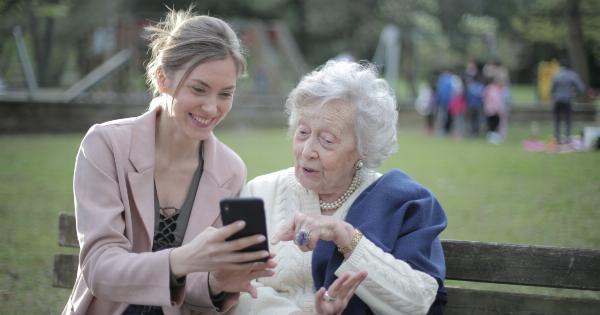Relationships are an integral part of our lives, and we all aspire to have healthy and fulfilling relationships with our loved ones.
However, some relationships can be insidious, cunning, and manipulative, slowly draining our vitality, happiness, and self-esteem. Such relationships are known as toxic relationships, and they can take many forms, including romantic relationships, friendships, and familial relationships.
Recognizing the signs of toxic relationships can be challenging, as they often start gradually and subtly.
In this article, we will explore ten hidden signs of toxic relationships that you might be overlooking, so you can protect yourself from emotional harm and build healthier relationships.
1. Criticism and Blame
In a toxic relationship, one partner often criticizes and blames the other for everything that goes wrong or is not perfect in the relationship.
They may use subtle attacks such as, “You always do this,” or “You never do that.” Over time, this erodes self-esteem and creates a sense of powerlessness in the partner who is being blamed.
2. Controlling Behavior
Another hidden sign of a toxic relationship is when one partner tries to control the other’s behavior, thoughts, feelings, or choices. This can manifest as jealousy, possessiveness, or monitoring the other’s movements and actions.
It can also take the form of manipulation, gaslighting, or emotional blackmail.
3. Lack of Empathy and Support
Empathy and support are crucial elements of healthy relationships, but in toxic relationships, one partner may be dismissive, unsympathetic, or insensitive to the other’s feelings and needs.
They may belittle, ridicule, or mock the other’s emotions or opinions, and refuse to offer any support or comfort when they are going through a tough time.
4. Double Standards and Hypocrisy
In a toxic relationship, one partner may expect the other to abide by a set of rules and standards that they themselves do not follow.
They may also be hypocritical, saying one thing and doing another, and deflecting any criticism of their behavior onto the other partner.
5. Lack of Trust and Betrayal
Trust is the foundation of any healthy relationship, but in toxic relationships, one partner may adopt a suspicious and paranoid attitude towards the other, constantly accusing them of infidelity or disloyalty without any evidence.
They may also engage in behaviors that breach the other partner’s trust, such as lying, cheating, or keeping secrets.
6. Manipulative Language and Behavior
Toxic relationships often involve manipulative language and behavior, such as guilt-tripping, shaming, intimidating, or threatening the other partner.
This can lead to a cycle of coercive control, whereby the victim feels trapped and unable to leave the relationship.
7. Isolation and Separation
An abuser will often try to isolate their victim from their friends, family, and support networks, leaving them feeling vulnerable and alone.
They may also prevent them from pursuing their hobbies, interests, or careers, forcing them to be dependent on the abuser and limiting their options for escape.
8. Physical Violence and Abuse
Physical violence and abuse are the most extreme forms of toxic behavior, and they can cause serious physical and emotional harm to the victim. This can include hitting, punching, kicking, strangling, or using weapons.
Victims of physical abuse often find it difficult to leave the relationship due to fear, intimidation, or financial dependence.
9. Emotional Withholding and Neglect
In a toxic relationship, one partner may withhold affection, attention, or support from the other, leaving them feeling neglected and unloved. This can lead to feelings of insecurity, loneliness, and depression.
Emotional neglect can be just as harmful as emotional abuse, as it can damage self-esteem and cause long-term psychological damage.
10. Gaslighting and Distorting Reality
Gaslighting is a form of emotional abuse that involves distorting reality and manipulating the other partner’s perception of events, making them doubt their memory, judgment, or sanity.
This can be done through lies, denial, or manipulation of evidence, and can lead to a sense of confusion, self-doubt, and emotional instability.
Conclusion
Being in a toxic relationship can be a harrowing experience that leaves you feeling trapped, powerless, and alone. However, recognizing the signs of toxic behavior can empower you to take action and protect yourself from further emotional harm.
Remember, you deserve respect, love, and support in your relationships, and if you find that you are not receiving these things, it may be time to seek help and move on.






























